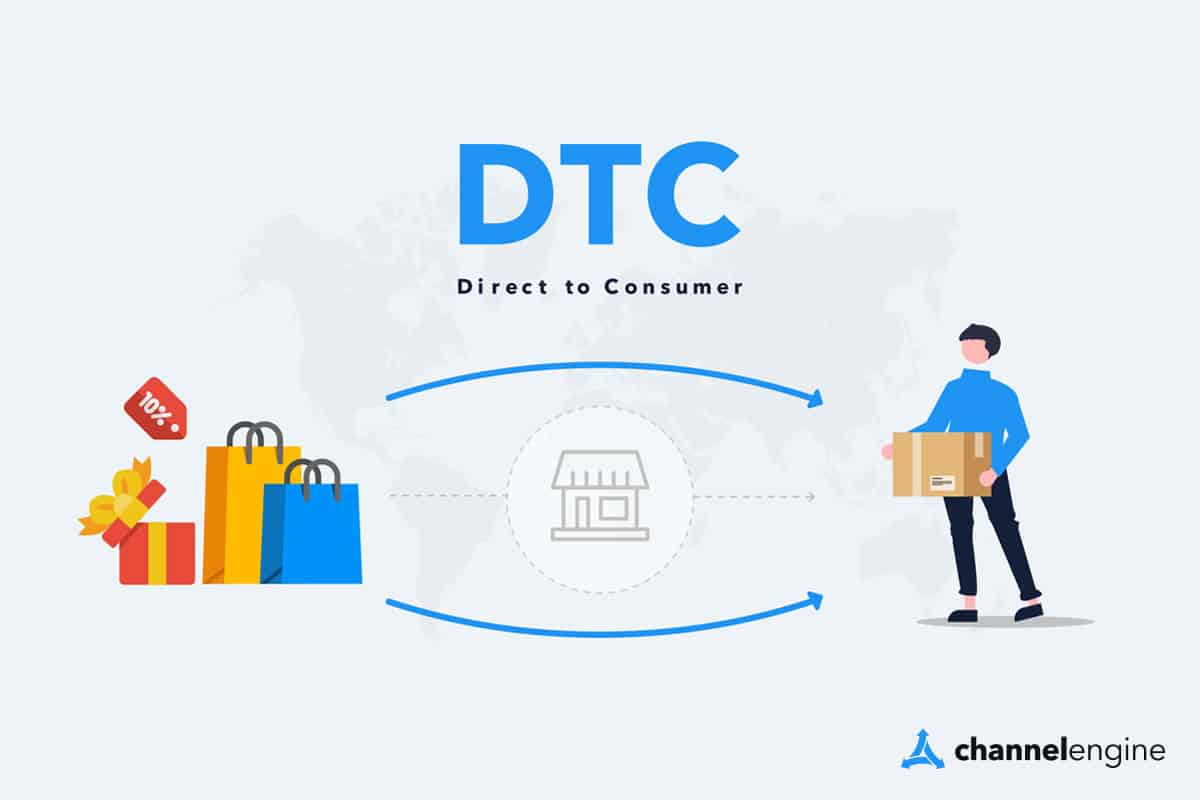The popularity of Direct to Consumer (DTC) bike brands has been growing rapidly in recent years, partly due to the rise of e-commerce and the increasing affordability and quality of bicycles.
DTC bike brands appeal to consumers looking for high-quality bikes at more affordable prices and those who prefer a convenient and personalized shopping experience.
The trend towards DTC bike brands has been driven by several factors, including the desire for more control and transparency in the buying process and a more direct relationship with the brand. Additionally, many DTC bike brands have embraced new technologies and innovations, such as carbon fiber frames and electronic shifting systems, making bikes lighter, faster, and more capable than ever.
As a result of these factors, DTC bike brands have been able to capture a growing share of the market, attracting a new generation of cyclists and capturing the attention of seasoned riders who are looking for the latest and greatest in cycling technology. This trend is likely to continue, with more and more consumers turning to DTC bike brands for their high-quality products and exceptional customer service.
DTC bike brands
| DTC bike brand | Location | Shipping | Road | MTB | Gravel | CX | TT | Urban |
|---|---|---|---|---|---|---|---|---|
| Airdrop Bikes | UK | Europe | ✓ | |||||
| Alchemy Bicycles | US | Worldwide | ✓ | ✓ | ✓ | ✓ | ✓ | ✓ |
| Allied Cycle Works | US | Worldwide | ✓ | ✓ | ✓ | |||
| Aventon | US | USA | ✓ | ✓ | ||||
| Bikes Direct | US | USA | ✓ | ✓ | ✓ | ✓ | ✓ | |
| Borealis | US | USA | ✓ | |||||
| Canfield Bikes | US | Worldwide | ✓ | |||||
| Canyon | Germany | USA, Europe | ✓ | ✓ | ✓ | ✓ | ✓ | ✓ |
| Commencal | Andorra | Worldwide | ✓ | |||||
| Diamondback | US | USA | ✓ | ✓ | ✓ | ✓ | ✓ | ✓ |
| Dolan | UK | Worldwide | ✓ | ✓ | ✓ | |||
| Eminent Cycles | US | USA | ✓ | |||||
| Evil | US | USA | ✓ | |||||
| Factor Bikes | UK | Worldwide | ✓ | ✓ | ✓ | ✓ | ||
| Felt Bikes | US | USA, Canada | ✓ | ✓ | ✓ | |||
| Fezzari | US | Worldwide | ✓ | ✓ | ✓ | ✓ | ✓ | |
| Ghost (REI) | Germany | USA | ✓ | ✓ | ||||
| Guardian Bikes | US | USA | ✓ | |||||
| Guerrilla Gravity | US | Worldwide | ✓ | |||||
| Intense Cycles | US | USA | ✓ | |||||
| Lauf Cycling | Iceland | Worldwide | ✓ | ✓ | ||||
| Litespeed | US | Worldwide | ✓ | ✓ | ✓ | ✓ | ||
| Lynskey Performance | US | Worldwide | ✓ | ✓ | ✓ | |||
| Masi Bikes | US | US | ✓ | ✓ | ✓ | ✓ | ||
| Mongoose | US | US | ✓ | ✓ | ||||
| Moots | US | US | ✓ | ✓ | ✓ | |||
| Morpheus Bikes | UK | Worldwide | ✓ | |||||
| Nukeproof | UK | Worldwide | ✓ | |||||
| Ocoee Bikes | US | US | ✓ | ✓ | ✓ | |||
| Planet-X | UK | Worldwide | ✓ | ✓ | ✓ | ✓ | ✓ | ✓ |
| Polygon Bikes | Indonesia | Worldwide | ✓ | ✓ | ✓ | |||
| Priority Bicycles | US | US | ✓ | ✓ | ✓ | |||
| Privateer Bikes | UK | Worldwide | ✓ | |||||
| Propain Bikes | Germany | Europe | ✓ | |||||
| Revel Bikes | US | US | ✓ | |||||
| Ribble Bicycles | UK | Worldwide | ✓ | ✓ | ✓ | ✓ | ✓ | |
| Rose Bikes | Germany | Worldwide | ✓ | ✓ | ✓ | ✓ | ||
| RSD Bikes | UK | UK, US | ✓ | |||||
| Sensa Cycles | Netherlands | Europe | ✓ | ✓ | ✓ | |||
| Specialized | US | Worldwide | ✓ | ✓ | ✓ | ✓ | ✓ | ✓ |
| Spot Bikes | US | Worldwide | ✓ | ✓ | ||||
| State Bicycle Co. | US | Worldwide | ✓ | ✓ | ✓ | ✓ | ||
| Trailcraft Cycles | Australia | Worldwide | ✓ | |||||
| Turner Bikes | US | US | ✓ | ✓ | ✓ | |||
| Ventum Bikes | US | Worldwide | ✓ | ✓ | ✓ | |||
| Viathon Bicycles | US | US | ✓ | ✓ | ✓ | |||
| Vitus Bikes | UK | Worldwide | ✓ | ✓ | ✓ | ✓ | ||
| Whyte Bike | UK | US | ✓ | |||||
| YT Industries | Germany | US | ✓ |
What is DTC?

Direct to Consumer (DTC) bike brands sell directly to cyclists, bypassing traditional retail channels such as bike shops.
This allows DTC bike brands to offer high-quality bikes at a more affordable price by eliminating the markup charged by intermediaries. The relationship between the brand and the customer is direct, with the customer typically ordering the bike online and delivering it directly to their door.
DTC bike brands offer cyclists a wide range of options, from entry-level bikes to high-end performance models, and provide a convenient and transparent shopping experience.
Bike brands
Pros of DTC bikes
- Affordable prices. DTC bike brands can offer lower prices than traditional bike brands due to eliminating the markup charged by intermediaries. This makes high-quality bikes more accessible to a wider range of customers.
- Convenient shopping experience. DTC bike brands often offer a user-friendly online shopping experience, with detailed product information and easy ordering and delivery processes.
- Customization options. Some DTC bike brands offer customization options, allowing customers to build a bike that meets their needs and preferences.
- Direct customer feedback. By dealing directly with customers, DTC bike brands can receive direct feedback and use it to improve their products and services continuously.
Cons of DTC bikes
- Limited in-person support. With no physical retail locations, DTC bike brands may provide limited in-person support and may not have the expertise or equipment to handle complex bike repairs and maintenance.
- No test rides. Without physical retail locations, customers may not have the opportunity to test ride bikes before purchasing, making it difficult to determine the right bike size and fit.
- Dependence on shipping. DTC bike brands heavily depend on shipping, which can result in delays or damage to the bike during transit.
- Limited availability. DTC bike brands may only be available in certain countries, limiting their reach and accessibility to customers in other regions.

Bernard Lu has 7+ years of experience working in a bicycle shop, overseeing the retail and workshop operations. He’s a qualified bicycle mechanic who understands a cyclist’s needs and speaks the same cycling lingo.
If you meet him at the cafe, he will happily talk to you for hours about all the intricacies of bikes and cycling tech. Just buy him a coffee next time you see him.